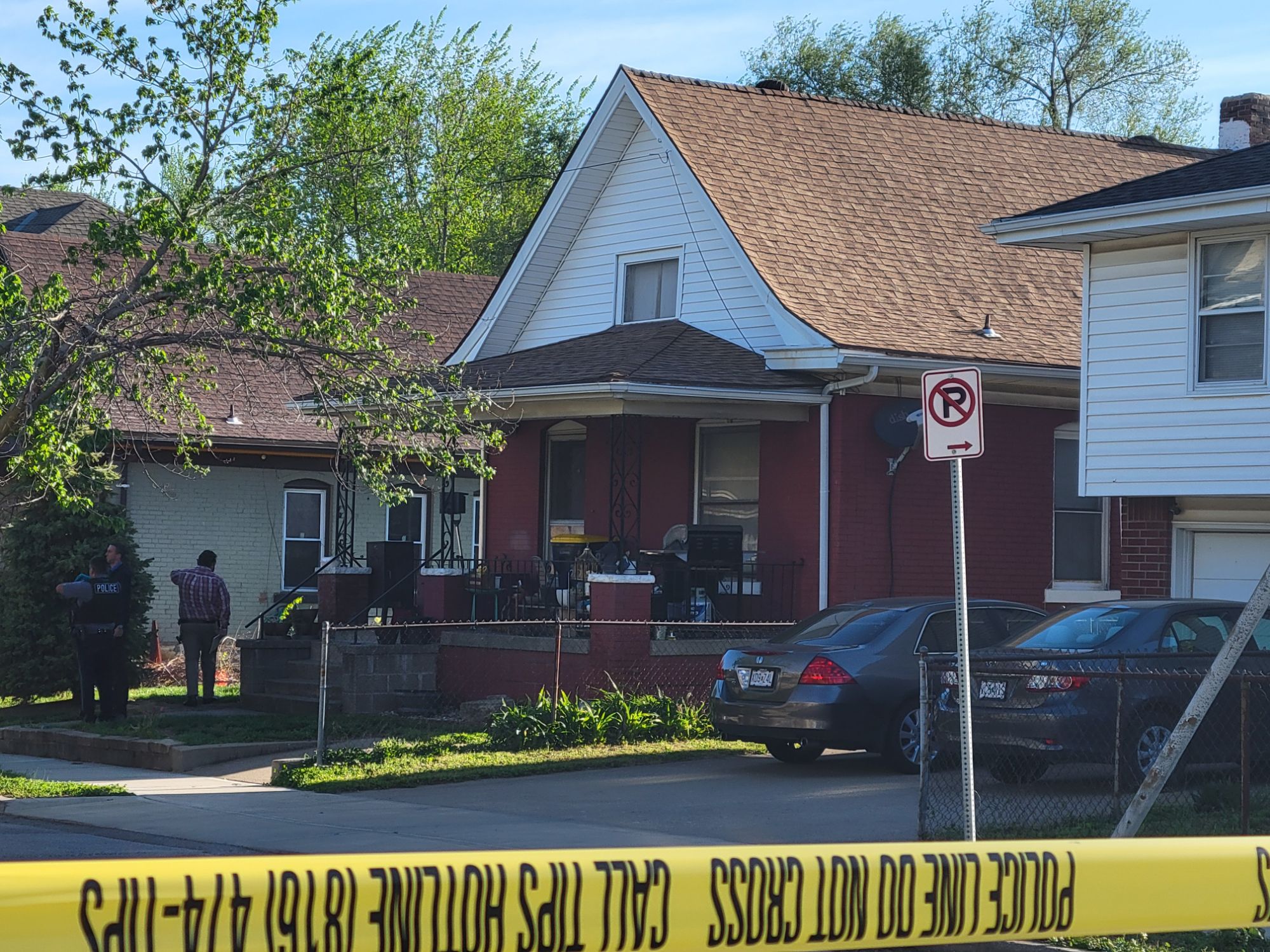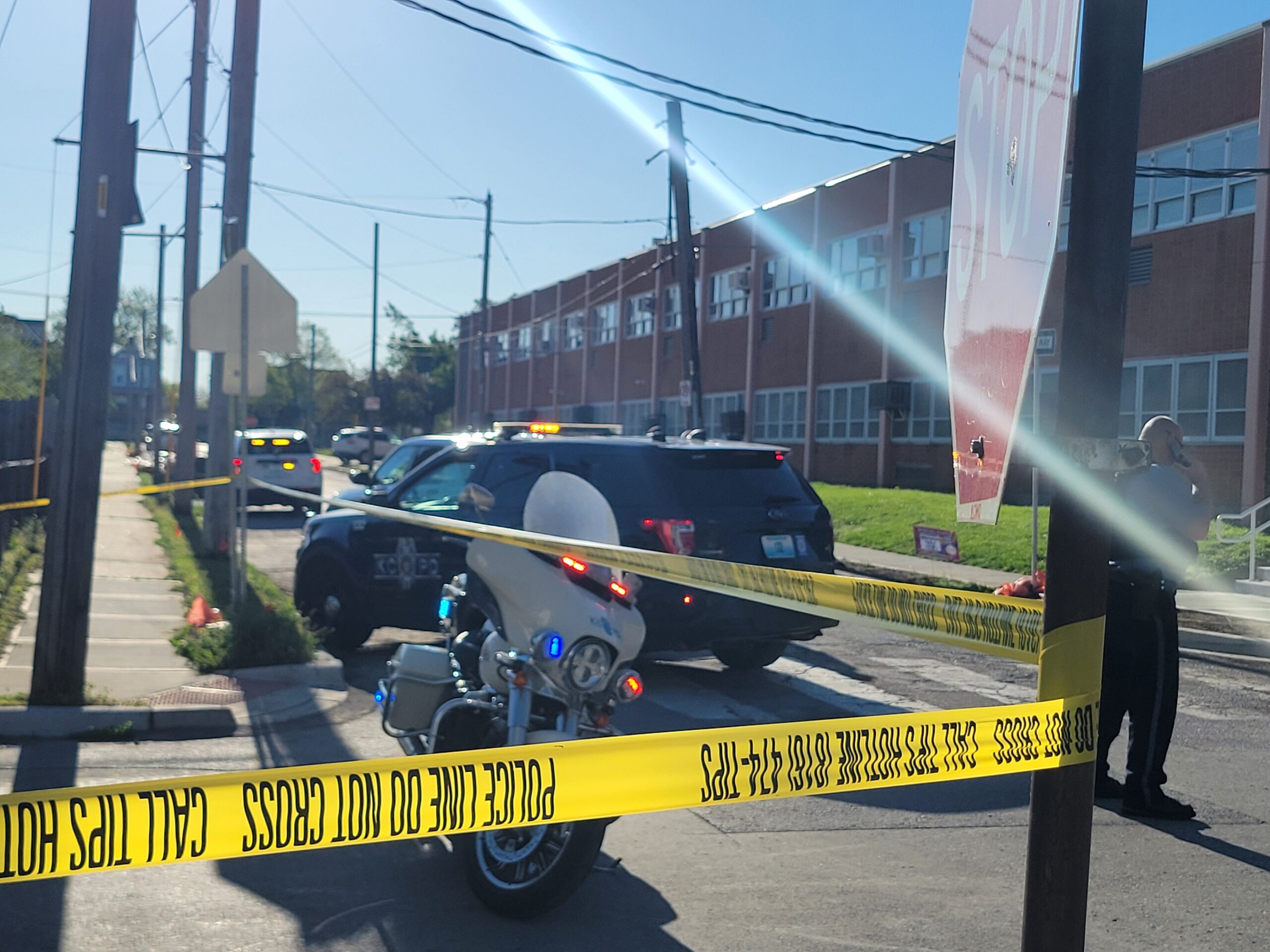Johanna Pounds
Editorial Assistant
Northeast News
Medical Marijuana has officially been legalized in Missouri, so what does this mean for residents? New Approach Missouri (NAM), a political action committee and the sponsor for the Amendment 2 campaign, says its overall goal is to make medical marijuana as easily accessible for patients as possible.
Patients with qualifying medical conditions will now be able to discuss the benefits of medical marijuana with their state-licensed physicians. These conditions will apply to patients who have effects from but not limited to: cancer, epilepsy, intractable migraines, chronic pain, multiple sclerosis, seizures, Tourettes, psychiatric disabilities, HIV, and anything treated with dependent prescriptions.
Some Missouri residents have expressed fear that although this has passed, some doctors are still opposed to the use of marijuana to treat illness.
Jack Cardetti, Campaign Consultant with New Approach Missouri, said he thinks the way to avoid this possibility is to make sure there will be at least 61 dispensary licenses issued for residents and farmers, as well as 24 per congressional district. The law will also have an age limitation of 18+, unless given special permission by a physician and a guardian.
“This is the largest and most informed turn out,” said John Payne, New Approach Campaign Manager. “I am so proud of how this turned out, especially with no television campaigning.”
New Approach now says their biggest goal is implementation. They want to get this running and in the patient’s hands as quickly as possible, but also want to give time for the Missouri Health Department to adjust.
“The real advantage of being the 31st state to legalize it medically,” Payne added, “is that we were really able to look at other states and figure out what would be the most successful, and how those were implemented in other states.”
In June of 2019, patient applications for medical marijuana will be made available by the Missouri Department of Health, and in July the same year, they will start accepting those applications. Applicants should expect approval or rejection by August of 2019, and by the end of 2019 through the beginning of 2020 patients will start receiving their licenses.
“We believed using the Department of Health and their expertise was the best way to move forward,” noted Payne, “and voters obviously agree.”
Approval for Amendment Two has a 65.5% approval vote, while the other two medical marijuana bills both had less than 44% approval vote.
“We succeeded because of neighbors talking to neighbors, and our grassroots approach to the issue,” said Cardetti. “We really could not be any happier with how this campaign turned out.”



















